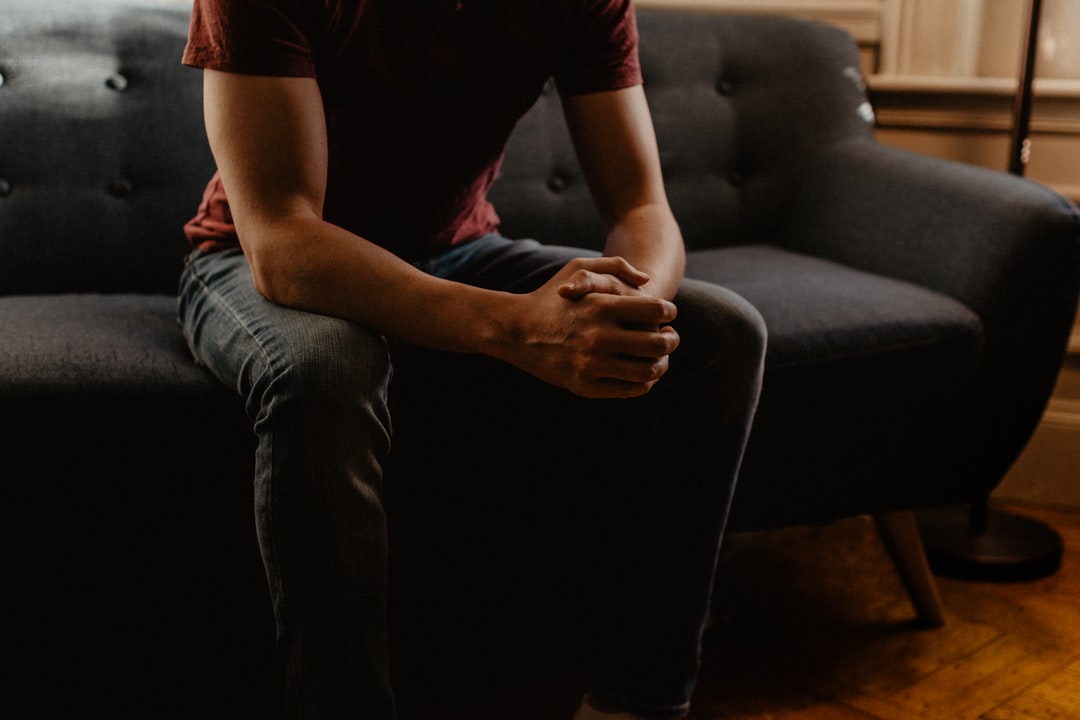
5 Things You Should Know Before Talking About Your Mental Illness
While I’ve suffered from mental illness most of my life, I haven’t always understood how important it is to really be heard by the people in my life. The idea of talking about what I go through never seemed to be an option, so for years I kept it to myself and powered through the rough patches. In spite of this, suffering alone had proved to be quite isolating. Since opening up about my issues with chronic mental illness, I’ve received a bounty of love and support, but also a heaping load of trash.
Here are five things you should know before you start sharing your mental health struggles.
1. You’ll spend a lot of time wondering if it’s worth explaining.
Most of the time you’ll put toward preparing to talk about your mental illness will be spent listening to a doubt-filled track playing in your mind on repeat. You’ll question whether or not you’re wasting your time by really explaining what goes on in your brain. You’ll go over conversations in your head while you imagine the reactions of your friends and family, practicing the banter while you shower, editing what you want to say until you finally convince yourself you don’t want to say anything at all.
2. You’ll have a hard time explaining.
When you’re finally ready to talk about it, you’re going to be at a loss of words, despite all of the shower speeches you rehearsed. You could be one of the greatest public speakers in the world, but once you start to really get vulnerable, you’ll find you have a hard time remembering how to communicate. You’ll struggle to make eye contact, your voice will shake, and you’ll fill every slight silence with a lot of uhhhs and ummms.
3. You’ll regret telling some people about what goes on with you.
After you open up, you’ll be flooded with regret, regardless of how your confidants react to what you told them. They may say all the right things, comfort you, and truly listen in the way you need, but this doesn’t mean that a part of you won’t regret speaking your truth. A small voice in the back of your mind will try and convince you that you would’ve been better off keeping quiet.
4. Some people will pretend they know what you’re going through.
Humans are starved for connection, be it on a positive note, a negative note, or an entirely made up note. After you tell your story, expect someone to try to compare the sadness they felt when their dog died to your chronic depression. Or compare that one time in middle school when they got bullied for their haircut to your PTSD. Or liken their fear of spiders to your panic disorder. It’s in our human nature to try and find ways to connect with one another, but it can be a bit offensive or condescending when someone compares your mental illness to average life events or tries to normalize your clinical diagnosis with an “I get moody sometimes, too.”
5. Some people will not take you seriously.
Whether it’s your mom, your best friend, your coworker, your father-in-law, or your cousin’s lawyer, there’s a chance that some of the people you open up to will not take you seriously. They will not be educated enough on what you experience to even begin to give your diagnosis the weight it really holds. They will tell you that you drink too much coffee, that you need to “let it go,” or that you should read this book/try yoga/meditate/drink kombucha/follow this Instagram account that posts “the most inspirational quotes!” It won’t matter what you say—they will not grasp the concept.
Despite all of this, there is so much importance in being heard. Above anyone and anything else, you know your truth and you know what you need. So sift through the bullshit, prepare for the worst, cling to those who truly have your back, and jump.
You are brave. ![]()











